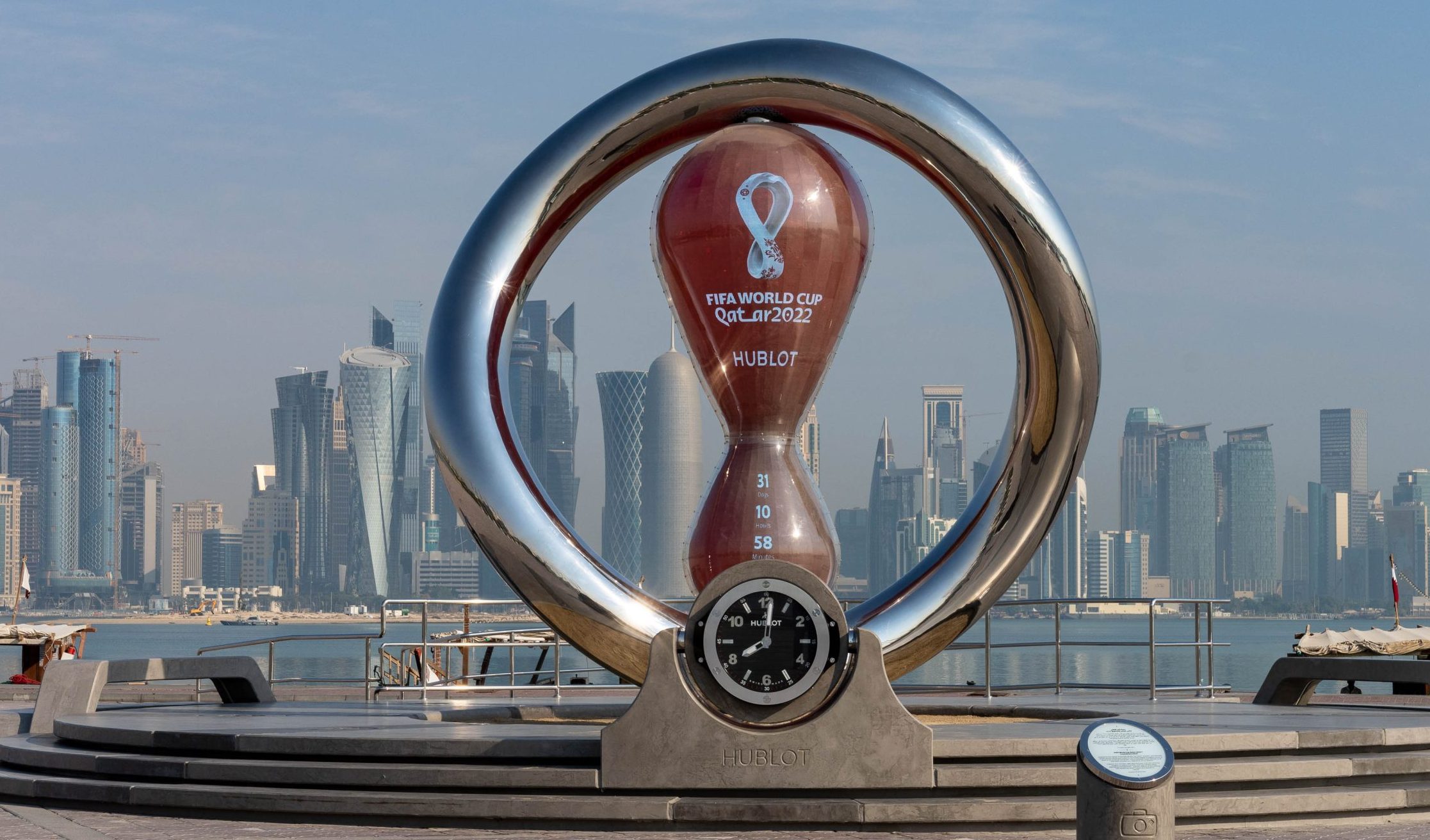Lessons will be deduced from the first major sporting tournament in a Muslim and Arab country, to inspire future sporting events globally.
A new guide to enhance a healthy environment at sports events will be launched as part of a collaboration between the World Health Organisation (WHO) and Qatar, as the World Cup 2022’s legacy continues.
The new partnership between WHO and Qatar’s Ministry of Public Health comes as a direct outcome of a previous collaborations between the two sides where they oversaw and implemented the encouragement of healthy lifestyles during FIFA World Cup Qatar 2022.
Lessons will be deduced from the first major sporting tournament in a Muslim and Arab country, to inspire future mega events globally.
The guide from WHO will focus more specifically on enhancing the quality of food and the food-related settings at sports events; informed by the experiences of Qatar 2022, wherein 30% of the food offered within stadiums adhered to a healthier nutritional profile.
The Department of Nutrition and Food Safety at WHO is scheduled to introduce a fresh action-oriented handbook titled ‘Healthier food and healthier food environments at sports events’ on Thursday.
This guide is intended for sports organisers, WHO said.
The document will present five strategic measures aimed at fostering healthier food options and cultivating healthier food environments within and around sports arenas. These actions range from enhancing the quality of available food to curbing detrimental marketing practices.
Major sporting events often present valuable opportunities to make an impact, given their reach to billions of fans globally. These major get-togethers can help shape positive perceptions of healthier food and beverage choices both within stadiums and beyond.
Qatar 2o22 ‘pathfinder’ in sports and health collaboration
In 2021, a collaborative effort was established between the WHO, the Ministry of Public Health, FIFA, and the Supreme Committee for Delivery and Legacy (SC), where they ensured that Qatar 2022 was a secure and health-conscious event.
This involved measures to prevent the spread of Covid-19 and the provision of wholesome menu choices. For example, a complete tobacco ban within stadiums was implemented as well as the offering of healthy food and snack alternatives.
With inspirational messages plastered all over the country during the tournament on bill boards and commercial areas, messages centred around health, safety, and healthcare were also prevalent.
“This World Cup [Qatar 2022] is a pathfinder in sports and health joint initiative and this will help billions of people around the world to follow healthy lifestyle,” WHO Director-General Dr Tedros Adhanom Ghebreyesus said last year.
Qatar was also the first country in the Eastern Mediterranean region to have all of its cities receive the WHO designation of ‘Healthy City’ given its efforts in implementing the required standards of environmental safety, health and urban sustainability—one of the most important indicators of healthy cities.







